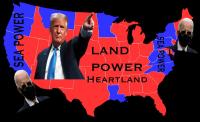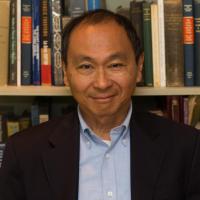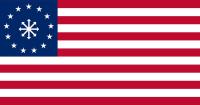Geopolitics of American elections
These two Americas - the America of the Land and the America of the Sea - have come together today in an irreconcilable struggle for their president. Moreover, both Democrats and Republicans obviously do not intend to recognize the winner if he comes from the opposite camp. Biden is convinced that Trump "has already falsified the election results," and his "friend" Putin has "already intervened in them" with the help of the GRU, Novichok, the Olga trolls and other multipolar ecosystems of "Russian propaganda." Consequently, the Democrats do not intend to recognize Trump's victory. This is not a victory, but a fake.
Almost the same is also considered by the most consistent Republicans. Democrats use illegal methods in the election campaign - in fact, a "color revolution" is taking place in the United States itself, directed against Trump and his administration. And behind it are completely transparent traces of its organizers, one of the main globalists and opponents of Trump George Soros, Bill Gates and other fanatics of the "new democracy", the brightest and most consistent representatives of the American "civilization of the Sea." Therefore, the Republicans are ready to go to the end, especially since the bitterness of the Democrats in the past 4 years against Trump and his appointees is so great that if Biden ends up in the White House, political repression against part of the American establishment - at least against all Trump's appointees - will have unprecedented scope.









